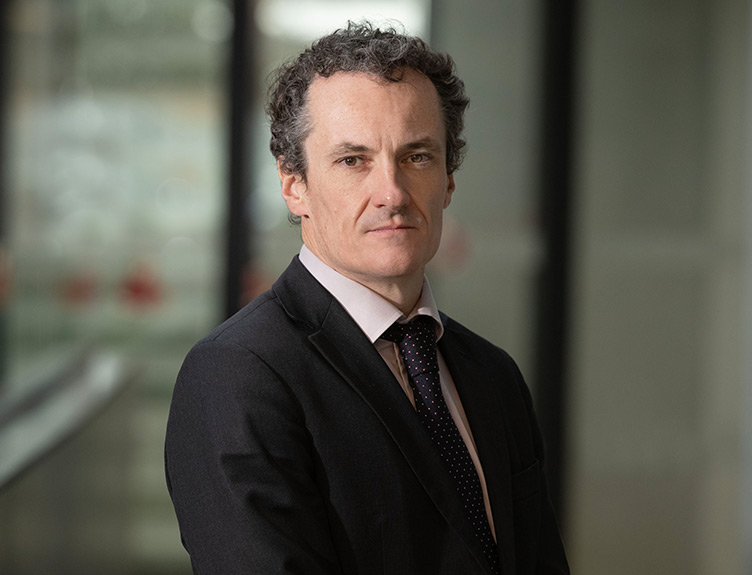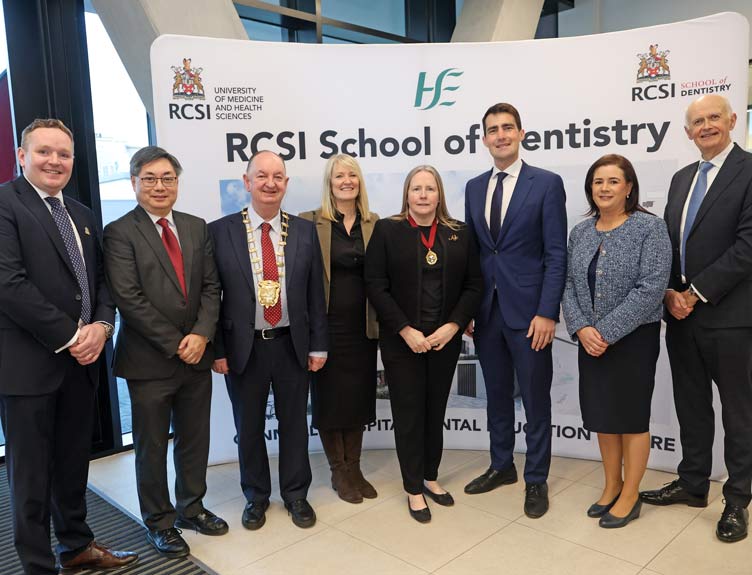Less invasive saliva PCR test proves accurate in detecting COVID-19
A study conducted by RCSI has demonstrated that a PCR test using saliva to test for COVID-19 is almost as accurate as the standard nose and throat swab.
The saliva screening represents a less invasive alternative to the nasal/throat swab and could enable greater capacity for, and uptake of, frequent testing of people who require regular screening.
The research, carried out in Ireland by RCSI University of Medicine and Health Sciences and published in HRB Open Research, has been approved by an international panel of peer-reviewers this week.
The study evaluated the performance of the established "gold standard" nasal/throat swabbing and the more recently developed SalivaDirect approach that tests for COVID-19 in saliva specimens.
The study collected nasal/throat swabs and saliva samples from a cohort of over 300 symptomatic and asymptomatic participants between November 2020 and March 2021. The participants included asymptomatic RCSI students who participated in the study as part of the routine COVID-19 screening programme at the university, and patients admitted to Beaumont Hospital with COVID-19 related respiratory symptoms.
The results revealed that 94% of the positive nose/throat samples also tested positive on the saliva test. 96% of those that tested negative on the nose/throat swab also tested negative on the saliva test. The results of the Irish study are consistent with the original results on the SalivaDirect method and indicate that the use of saliva to detect the COVID-19 virus represents a valid, accurate and less invasive alternative to nasal/throat sampling.
"Our study has further validated that saliva testing can offer an accurate alternative to the more invasive commonly used nose and throat swabbing method," said Professor Steve Kerrigan, the joint lead author of the study and Deputy Head of RCSI's School of Pharmacy and Biomolecular Sciences.
"The saliva sample to test for COVID-19 can be easily collected by the person themselves so has the potential to increase compliance with screening, particularly for those who require frequent repeated testing. As the saliva test does not require a healthcare professional to conduct it, this method also reduces the risk of infection for test centre staff associated with conducting the nasal/throat swabbing."
RCSI University of Medicine and Health Sciences conducted the study in collaboration with University College Dublin and Beaumont Hospital, Dublin. The study was funded by RCSI.
SalivaDirect was developed by the Yale School of Public Health and has been authorised for emergency use by the Food and Drug Administration (FDA).



